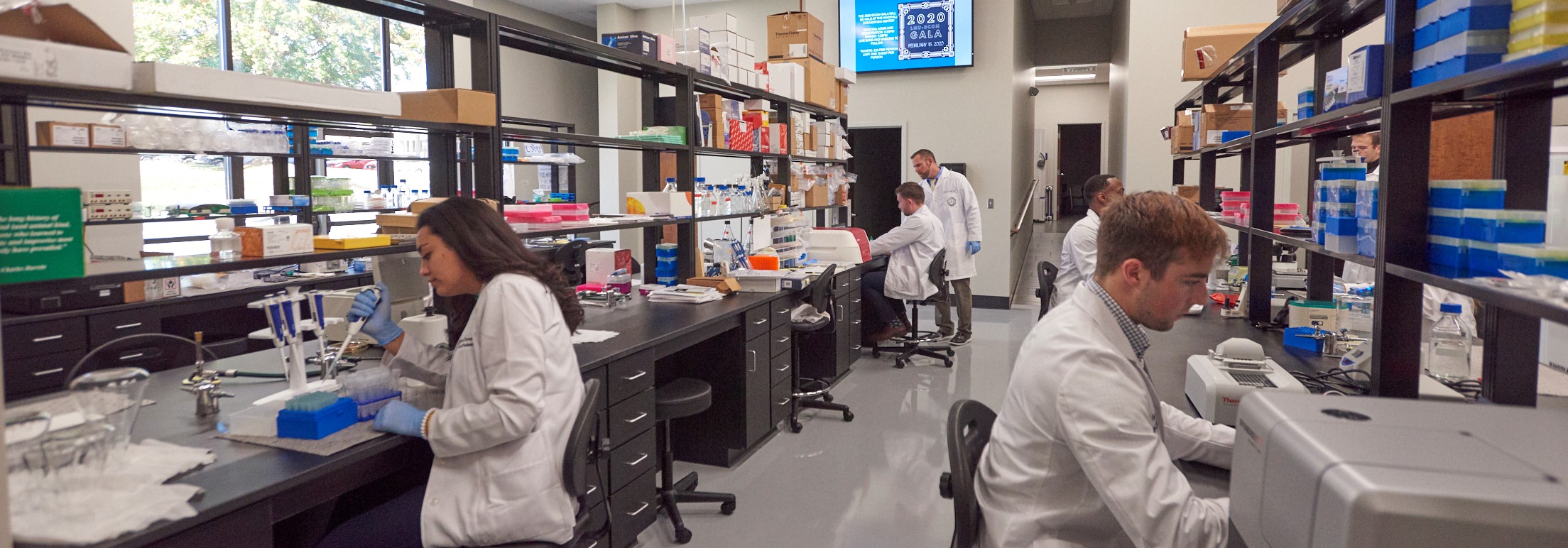Strategic Goals:
- Advance Research Excellence - Conduct innovative, interdisciplinary studies on the epidemiology, pathogenesis, and control of infectious, zoonotic, and vector-borne diseases.
- Enhance Disease Surveillance and Diagnostics - Develop and validate rapid, accurate tools for early detection and monitoring of high-impact pathogens.
- Promote One Health Collaboration - Strengthen partnerships across veterinary, dental, medical, public health, and environmental sectors to address health threats at the human-animal-environment interface.
- Innovate Prevention and Treatment Strategies - Drive the development of novel vaccines, therapeutics, and vector control measures.
- Build Research Capacity and Education - Provide training, mentorship, and resources to cultivate skilled scientists and informed stakeholders worldwide.
Past and Current Projects:
Surveillance of Arthropod-Borne Infections: Studying the ecology of significant vector-borne diseases and mapping the distribution of arthropod vectors essential for disease transmission; investigating resistance to canine heartworm therapy.
Spirochete Research: Advancing the understanding of leptospirosis pathogenesis, ecology, and diagnostics; projects include identifying non-mammalian reservoirs, analyzing molecular interactions between Leptospira virulence factors and host components, and developing improved diagnostic tools.
Shelter Animal Health: Addressing health challenges in shelter populations, including SARS-CoV-2 surveillance in dogs and cats, multidrug-resistant pathogens in feces, antimicrobial resistance in Staphylococcus spp., respiratory disease pathogens in dogs, and long-term studies on leptospiral carriage.
Novel Lipid Biomarkers of Animal Diseases: Utilizing the LMU-CVM lipidomics lab to identify lipid-based markers for infectious diseases such as paratuberculosis, Rhodococcus equi infections in horses, leptospirosis, and infectious bovine keratoconjunctivitis (IBK); developing lipid-based pathogen identification methods.
Viral Pathogenesis Research: Applying molecular methods to study disease progression and investigating the role of zinc-finger proteins in viral pathogenesis.
Understanding Vaccine Failure in IBK: Investigating persistent ocular infections in cattle using a multidisciplinary approach (microbiological, molecular, genetic, and lipidomic) in collaboration with the University of Kentucky to identify causes of vaccine failure.
Infectious Diseases of Sheep: Exploring emerging ovine health concerns through seroprevalence studies of Cache Valley Virus and leptospirosis in sheep populations in South-Central Appalachia.
Click here for the latest research updates in this area

